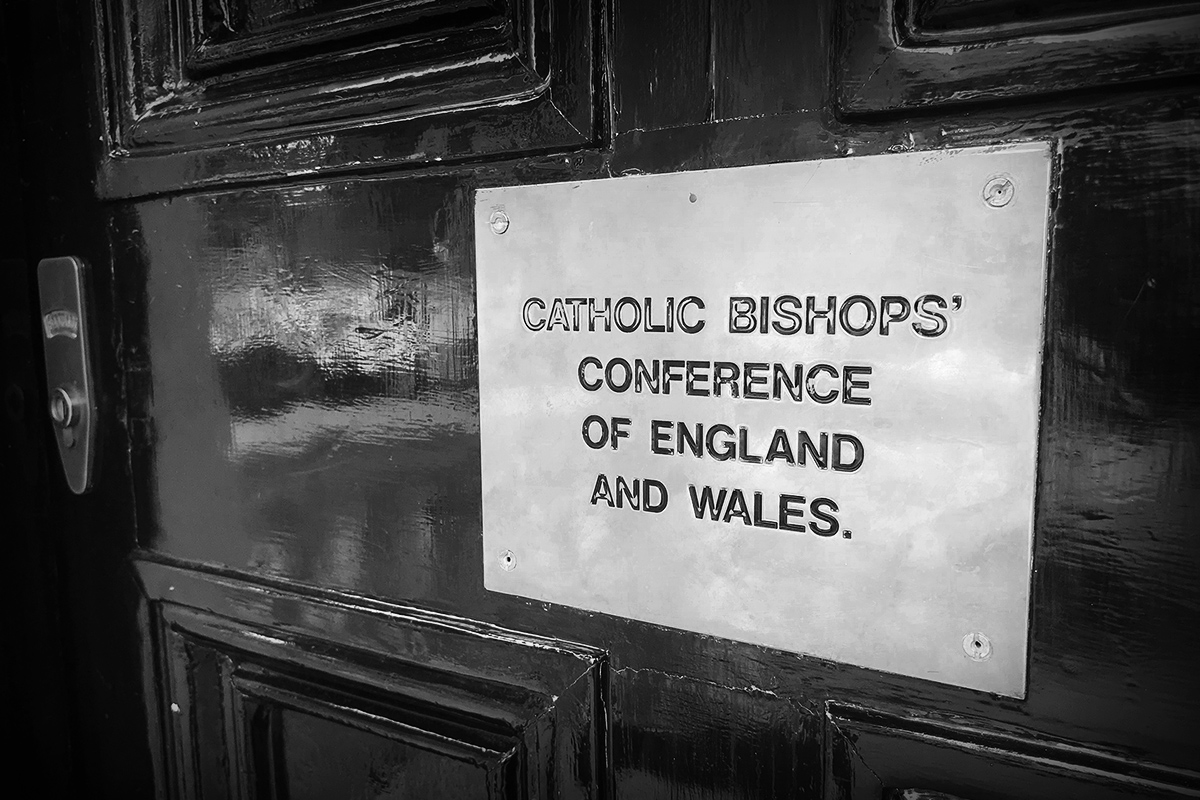
Research conducted for the Catholic Church today shows strong support from the public for the Church to play a more active role in revitalising British family life.
Despite less than one in ten British adults regarding themselves as Catholics, more than four out of ten members of the British public would like to see the Church take a moral lead by defending the family unit.
The poll was conducted on the eve of the first anniversary of Pope Benedict’s visit to the UK. During the visit, he made an impassioned plea for British children to think carefully about what kind of person they wanted to be and not to be seduced by celebrity culture.
The findings come in the wake of last week’s report by Unicef which warned that parents are trapping their children in a cycle of ‘compulsive consumerism’ by giving them toys and designer labels instead of spending time with them. It warned that materialism dominates family life in the UK as parents ‘pointlessly’ amass goods for their children to compensate for their long working hours, despite the children themselves insisting that spending time with their families made them happier.
The poll for the Catholic Church also showed:
– a majority of adults (51%) agreeing with the Pope’s view that schools should go beyond the narrow academic curriculum and teach religion and morals
– six out of ten adults (59%) agreeing with the proposition that there is a place for virtue, God and religion in public life
– 62% of the population believing that the UK should guard against aggressive forms of secularism, with just 15% against
Archbishop of Westminster, Vincent Nichols, commented on the findings:
“British people recognise that we all need to live by a shared set of values. The Pope has made clear his view that the family unit must be defended, and we as a Church will be working to support families and family values as part of a collective effort to improve community life across the country.”
For further information contact CCN on 020 7901 4800 or ccn@cbcew.org.uk
Study for the Catholic Church in England and Wales into British public attitudes 2011
Summary of Findings
Immediately following the Pope’s visit in September 2010, 92% of respondents indicated that they had seen, read or heard something aboutit. 71% of respondents in 2011 still recall seeing, reading or hearing something about the visit.
The Pope’s favourability rating today is marginally higher at 24% than it was one year ago before his visit (22%).
The Pope’s visit in 2010 resulted in a significant nine per cent rise in the number of people saying they were spiritual or religious (from 38% to 47%). That number has risen a further three per cent over the past year. Today, half (50%) of the British population say they are spiritual or religious.
70% of British adults agree with the proposition put forward by the Pope during his 2010 visit that children should beware of modelling themselves on sport of entertainments stars.
59% of British adults agree with the proposition that there is a place for God, religion and virtue in public life.
Six out of ten (62%) people agree that the UK should guard against aggressive forms of secularism, with just 15% against.
A majority of adults (51%) agree with the Pope’s view that schools should go beyond the narrow academic curriculum and teach religion and morals.
More than four out of ten British adults believe that the Catholic Church should take a moral lead in British society by:
– defending the family unit and family life
– developing and sharing strategies to combat child abuse
– tackling poverty and social exclusion
– promoting self-respect and self-discipline
– encouraging mutual respect between individuals.
When asked which of a range of functions that the Catholic Church should be performing is the most important, the leading answer was “promoting family values and family life”.
This follows the finding last year that one in three respondents, equivalent to over ten million people, agreed with the statement that they will now “make family a bigger part of my life” as a result of the Pope’s visit.
Methodology
An online opinion survey was commissioned by the Catholic Church in England and Wales. They were conducted by the Opinion Research Business in compliance with International Standard ISO 20252.
The survey of 2,049 adults in England, Wales and Scotland took place between 9th and 11th September 2011.
All figures provided in the report have been rounded to the nearest whole percentage and the data have been weighted according to the age, gender and socio-economic profile of Great Britain.
The standard margin of error on this sample size is +/- 2.2%, meaning that nineteen times out of every twenty, the data will be correct to within these percentage points.
Comparisons are made in the Summary of Findings with two previous surveysconducted by the Opinion Research Business in compliance with International Standard ISO 20252.
The first survey of 2,028 adults in England, Wales and Scotland took place in advance of the Papal visit, between 14th and 16th September 2010. The second survey of 2,002 adults in England, Wales and Scotland took place between 22nd and 24th September 2010.
All three samples contained broadly the same numbers of people by region, gender, age and socio-economic profile.
Fieldwork tables can be found at:
opinion.co.uk